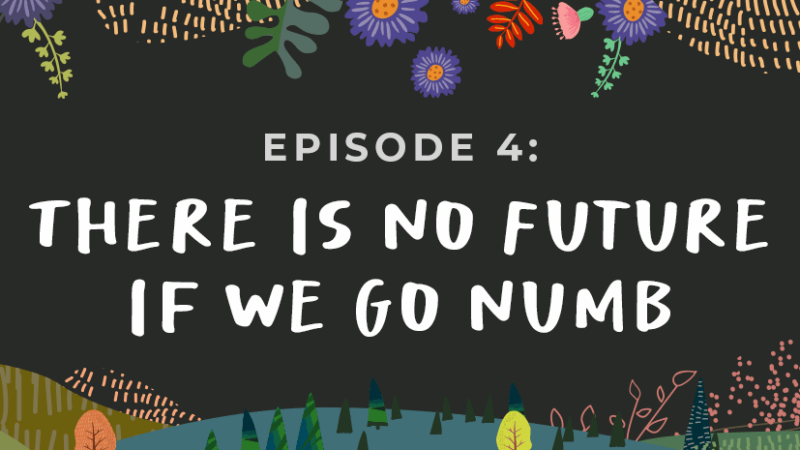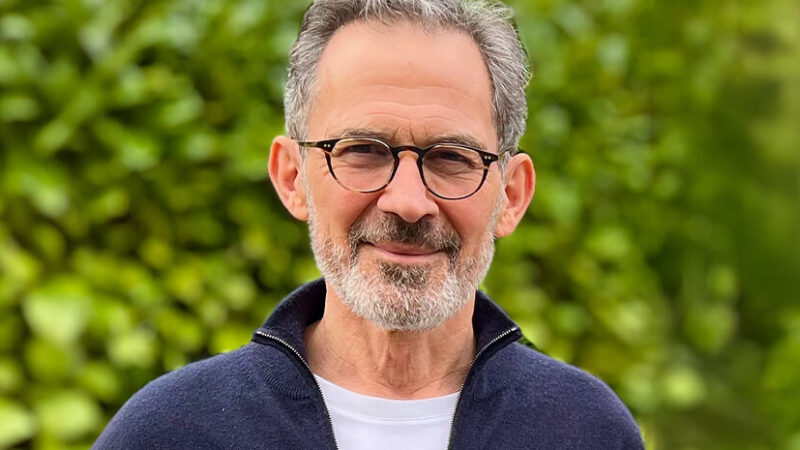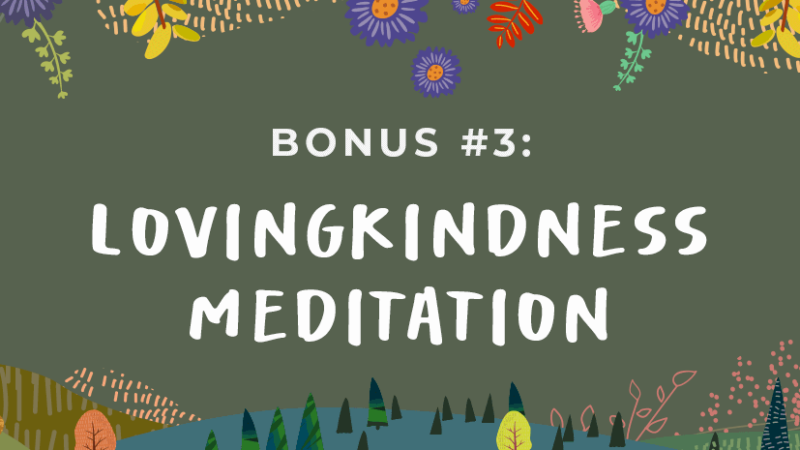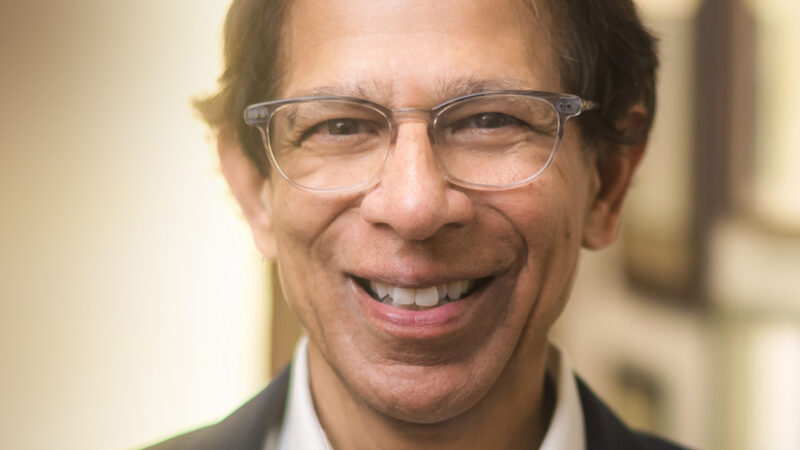-
E117: The Real Work: Letting Go from Within
Michael Singer — October 2, 2025
True spirituality isn’t about mystical experiences or lofty ideals—it’s about honestly facing...
-
Once More: Reflections on Reincarnation and the Gap Between Lives
Tami Simon — September 26, 2025
In this special reflection episode of Insights at the Edge host Tami Simon looks back on her...
-
Honey Tasting Meditation: Build Your Relationship with Sweetness
There is a saying that goes “hurt people hurt people.” I believe this to be true. We have been...
Written by:
Amy Burtaine, Michelle Cassandra Johnson
-
Many Voices, One Journey
The Sounds True Blog
Insights, reflections, and practices from Sounds True teachers, authors, staff, and more. Have a look—to find some inspiration and wisdom for uplifting your day.
Standing Together, and Stepping Up
Written By:
Tami Simon -
The Michael Singer Podcast
Your Highest Intention: Self-Realization
Michael Singer discusses intention—"perhaps the deepest thing we can talk about"—and the path to self-realization.
This Week:
E116: Doing the Best You Can: The Path to Liberation -
Many Voices, One Journey
The Sounds True Blog
Insights, reflections, and practices from Sounds True teachers, authors, staff, and more. Have a look—to find some inspiration and wisdom for uplifting your day.
Take Your Inner Child on Playdates
Written By:
Megan Sherer
600 Podcasts and Counting...
Subscribe to Insights at the Edge to hear all of Tami's interviews (transcripts available, too!), featuring Eckhart Tolle, Caroline Myss, Tara Brach, Jack Kornfield, Adyashanti, and many more.
Most Recent
Ep 4: There Is No Future if We Go Numb
We recorded this conversation just after news broke of the Biden administration’s approval of the controversial Willow Project, opening up millions of wilderness acres in Alaska to new fossil fuel drilling. Jess captured in real time how Joanna processes the fresh outrage and sorrow of this insult to the planet from the very culpable powers that be. It’s a master class in being present with these feelings—feelings that can give rise to determination, courage, and recommitment to our shared purpose.
In this episode:
- As the news of the Willow Project breaks, Joanna flows through outrage and sorrow
- The second step on the spiral: what does it mean to honor our pain, and how do we do it?
- Bonus Exercise: Breathing Through
We recommend starting a podcast club with friends or family to do these practices together. Links and assets to help prompt reflection and build community can be found with every episode on WeAreTheGreatTurning.com.
Rupert Spira: The Quiet Joy of Being
What is the treasure that we all seek? What is it that we are looking for above all else? Contemporary spiritual teacher and author Rupert Spira believes that it’s the feeling of sufficiency, of ease, of peace—or the realization of our innermost nature as being. In this podcast that is at once expansive and experiential, Tami Simon speaks with Rupert about his book You Are the Happiness You Seek and the insights he has gleaned through a lifetime of spiritual exploration and practice.
Tune in for a liberating conversation covering the practice of pausing or “going back to being”; letting go of resistance and turning toward our unhappiness; bringing a complete “yes” to your current experience; the inquiry, who is the one that’s experiencing?; the pure “I Am”; the original ADD: Awareness Deficit Disorder; the problem with the word “enlightenment”; recognizing the gaps between our thoughts and feelings; why what happens to the body doesn’t happen to our being; the absolute level and the relative level; the practical implications of deepening our recognition of being; love: the felt sense of our shared being; freedom from “the tyranny of ego”; and more.
Note: This episode originally aired on Sounds True One, where these special episodes of Insights at the Edge are available to watch live on video and with exclusive access to Q&As with our guests. Learn more at join.soundstrue.com.
Ep 3 Bonus: Lovingkindness Meditation
This bonus episode will support you to take the main insights from Episode 3, “We Begin with Gratitude,” deeper into your life.
In Episode 3, we talked about how in the Work That Reconnects we always start with gratitude, because it gives us the strength to speak the truth and act in service of life.
Lovingkindness meditation is a simple and powerful way to feel and express our gratitude and love for our world.
All you need to do this bonus exercise is a quiet place where you can meditate. We hope you’ll do this exercise with someone else, so that you can talk together about your experience after you finish.
We recommend starting a podcast club with friends or family to do these practices together. Links and assets to help prompt reflection and build community can be found with every episode on WeAreTheGreatTurning.com.
Customer Favorites
Andrew Harvey: The Shadow Course, Part 1
Andrew Harvey is a prolific scholar, poet, and teacher whose work spans television appearances, audio teachings, and more than 28 books. Working with Sounds True and Caroline Myss, Andrew has created the upcoming online course The Shadow Course: An Eight-Week Journey to Know Yourself and Bring Light to the World. In this episode of Insights at the Edge, Tami Simon and Andrew examine the concept of the Shadow and why it is so important that we learn to work with the greed, fear, and lack of conscience that it contains. They speak on how the Shadow can affect our sense of physicality, as well as how we can work with our Shadow self to truly embrace every aspect of our bodies and sexuality. Andrew comments on “the golden shadow”—innate inner strengths that we displace or deny—and its affects on our social interactions. Finally, Andrew and Tami talk about collective Shadows that exist on the societal level—especially the Shadow of human extinction and the imperative lessons it holds. (65 minutes)
Dilip Jeste, MD: Wiser, Faster
Dr. Dilip Jeste is a professor of psychiatry and neurosciences and the director of the Center for Healthy Aging at UC San Diego. He’s spent the last 20 years studying aspects of healthy aging and the neurobiological roots of wisdom. With Sounds True, Dr. Jeste has written a new book titled Wiser: The Scientific Roots of Wisdom, Compassion, and What Makes Us Good. In this episode of Insights at the Edge, Tami Simon speaks with Dr. Jeste about wisdom—what it is, how we can cultivate more of it in our own lives, and how we can grow into a wiser society. They explore a new definition of wisdom that incorporates neurobiological and evolutionary components of what makes us wise, as well as the social and cultural ones we might be more familiar with. Dr. Jeste and Tami also discuss the future of wisdom, including the potential of a metaphorical “wisdom pill.” Finally, they speak on the importance of helping our society become wiser, faster.
Jonathan Foust: The Issues Are in Your Tissues
Jonathan Foust is a longtime teacher of yoga and meditation who has guided learners at the Kripalu Center for Yoga and Health and the Insight Meditation Community of Washington, DC for more than 20 years. He is a featured presenter for Sounds True’s Mindfulness Meditation Teacher Certification Program. In this episode of Insights at the Edge, Tami Simon and Jonathan discuss the practice of body-centered inquiry—specifically the surprising ways it can be applied to pain. Jonathan explains how he has worked with body-centered inquiry to explore his own migraines, and how he has discovered a curious freedom therein. Finally, Jonathan and Tami talk about using body-centered inquiry for decision-making and interrogating the self-made obstacles to our own freedom. (61 minutes)





